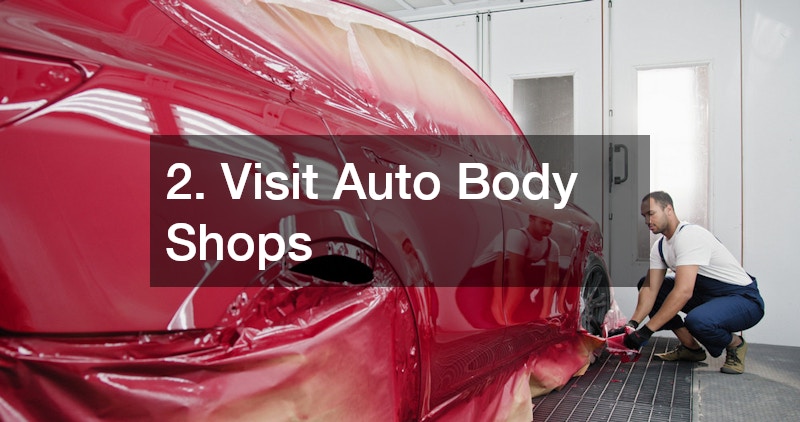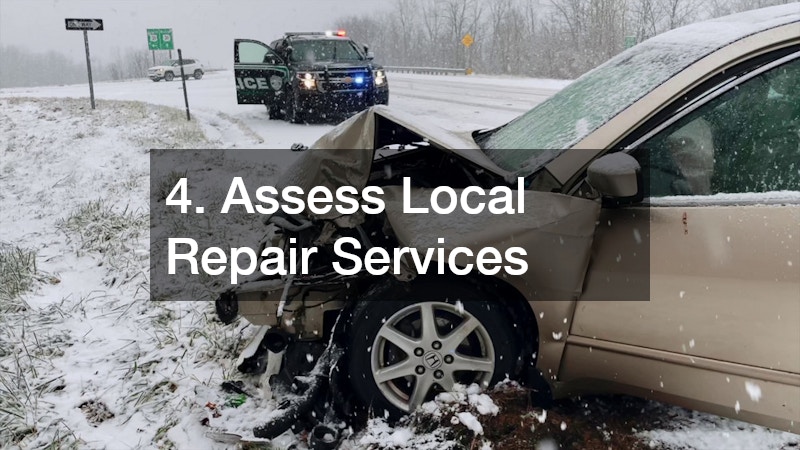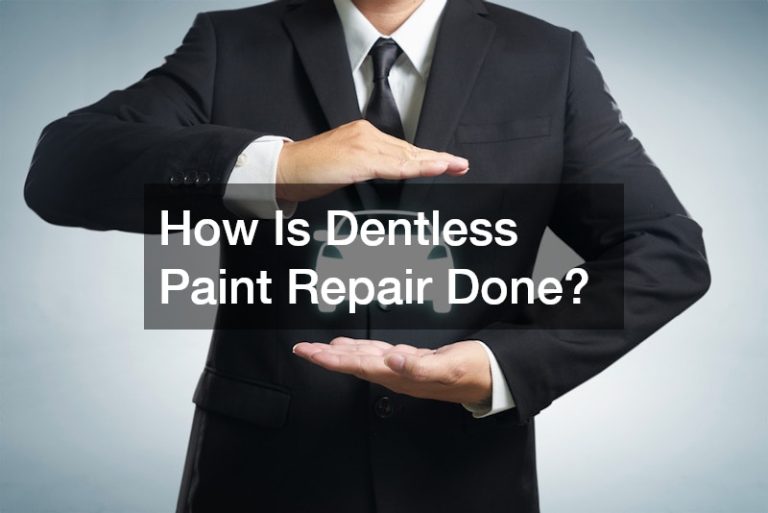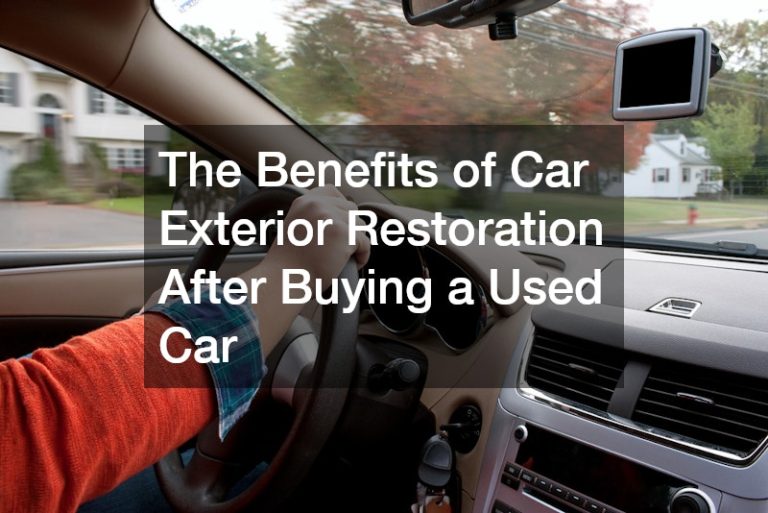
Purchasing a car is a significant investment, and making an informed decision can save buyers both time and money while ensuring long-term satisfaction. Whether you are a first-time car owner or upgrading to a newer model, understanding the key aspects of vehicle ownership is essential before finalizing a purchase. From vehicle maintenance to financing considerations, knowing what to examine can make a significant difference in your buying experience. This guide explores ten crucial factors every potential car buyer should consider, helping to navigate the often complex automotive market with confidence.
Beyond the basic considerations, buyers must also evaluate practical features such as storage options, safety systems, and long-term reliability. Researching dealerships, local repair services, and insurance options provides insights that can influence both upfront costs and ongoing expenses. Additionally, being aware of market trends, resale value, and available warranties helps buyers anticipate potential challenges and opportunities. By taking a comprehensive approach that balances aesthetics, functionality, and financial considerations, prospective car owners can make informed decisions that enhance convenience, safety, and overall satisfaction for years to come. This guide will provide detailed advice on these aspects, ensuring a well-rounded understanding before making such a significant purchase.
1. Check Bed Cover Options
When evaluating a vehicle, particularly trucks or utility vehicles, understanding the available bed cover options is crucial. A bed cover protects your cargo from weather conditions like rain, snow, and harsh sunlight while also securing valuable items from theft. Modern bed covers range from retractable, folding, and hard shell options to soft roll-up types, each providing different levels of convenience, durability, and protection. Choosing the right bed cover is more than an aesthetic decision—it can enhance fuel efficiency slightly by reducing wind drag and make loading and unloading easier. Additionally, certain bed covers come with built-in lock mechanisms, providing extra security for tools, luggage, or sports equipment.
To make an informed choice, research bed cover models that fit both your truck’s dimensions and intended use. For example, if you frequently haul construction materials or outdoor gear, a hard retractable cover might be preferable due to its security features and durability. Soft roll-up covers, however, can be more suitable for casual users seeking flexibility in loading larger items. Consider also ease of installation and the time required for maintenance, as some covers require regular lubrication or cleaning to remain functional.
Moreover, understanding the long-term benefits and potential drawbacks of each bed cover type is essential. While some are highly durable, they can be heavy and reduce bed accessibility. Others are lightweight but may offer less protection. Visiting dealerships or aftermarket retailers to physically test covers, reading detailed reviews, and consulting with experts ensures that your bed cover choice aligns with both lifestyle and budget. Well-selected bed covers can extend the lifespan of your truck bed, reduce maintenance needs, and protect investments over time.
2. Visit Auto Body Shops

Visiting nearby auto body shops before buying a car is an essential step for assessing potential repair needs and maintenance quality. Even vehicles that appear flawless may have hidden dents, scratches, or frame damage that only professionals can detect. Auto body shops provide thorough inspections that evaluate paint quality, rust development, and potential prior collision repairs. This insight not only protects buyers from hidden issues but also helps them negotiate better prices based on realistic repair costs.
Many auto body shops offer services such as structural assessments, paint correction, and dent removal, which reveal the true condition of a car. They can determine whether a vehicle has undergone proper repairs after accidents, evaluate the quality of past work, and advise on the longevity of the current condition. Understanding these aspects is critical, particularly for used cars, as poorly repaired damage can compromise safety and decrease resale value.
Building a long-term relationship with a reputable auto body shop is invaluable. These shops can provide maintenance guidance, help with insurance claims, and offer reliable repairs after future incidents. Familiarity with local body shops ensures that repairs are timely and high-quality, reducing the risk of long-term damage. Additionally, shops often offer advice on preventive measures, such as rust-proofing and paint protection, keeping vehicles in top condition for years after purchase.
3. Inspect Tire Condition
Inspecting tire condition through professional tire service is vital for safety, fuel efficiency, and overall performance. Worn, unevenly worn, or improperly inflated tires compromise handling and braking, posing serious risks. Tire service evaluates tread depth, sidewall integrity, alignment, and air pressure, ensuring that vehicles are safe and ready for various driving conditions. Regular inspections also prevent uneven wear, which can save money by extending tire life.
Professional tire service can identify hidden issues that owners may overlook, such as internal belt separation, dry rot, or improper wheel balancing. These problems, if left unaddressed, can lead to blowouts or decreased traction in wet or icy conditions. By understanding the state of the tires before purchase, buyers can negotiate replacements or ensure the vehicle is safe and roadworthy from day one.
Beyond safety, proper tire service affects overall vehicle efficiency. Balanced, aligned, and properly inflated tires reduce rolling resistance, improve gas mileage, and provide smoother handling. Investing in high-quality tires and regular maintenance enhances vehicle longevity and reduces the likelihood of costly emergency repairs. Professional tire inspections can also guide owners in choosing suitable tire brands and types based on climate, terrain, and driving habits.
4. Assess Local Repair Services

Knowing available local auto repair shops ensures quick access to maintenance and emergency repairs. Even well-maintained vehicles eventually require service, and proximity to reputable repair shops guarantees faster turnaround times, reduces towing costs, and maintains the car’s longevity. Reliable repair services also provide peace of mind, as owners know trusted experts are available when needed.
Local auto repair shops often specialize in specific makes or models, offering deep knowledge that general mechanics may lack. They can provide diagnostic services, engine maintenance, brake work, and suspension adjustments efficiently. Mechanics familiar with a particular brand can identify recurring issues and suggest preventative solutions, minimizing the likelihood of major failures.
Building a relationship with a trusted local auto repair shop can significantly improve the ownership experience. Regular maintenance, professional advice, and access to high-quality replacement parts ensure that vehicles remain in top condition. Understanding which repair services are available beforehand helps buyers make informed choices and budget appropriately for ongoing maintenance, extending the vehicle’s life and value.
5. Research Used Car Dealers
When buying a vehicle, researching used car dealers is critical to ensure transparency, vehicle quality, and fair pricing. Dealers vary widely in terms of reputation, reliability, and the thoroughness of inspections. Researching helps identify trusted sources, verify vehicle histories, and ensure that cars are maintained properly before purchase.
Used car dealers provide certified pre-owned options, detailed service records, and sometimes warranties, adding confidence to the purchase. Visiting multiple dealers allows buyers to compare pricing, financing options, and included benefits, such as complimentary inspections or maintenance packages. Reading customer reviews and ratings ensures that the dealer has a history of ethical and fair practices.
Additionally, maintaining a relationship with a reputable used car dealer can offer long-term benefits. Repeat business, referrals, and access to trade-in evaluations make future transactions smoother. Professional dealers can also advise on market trends, helping buyers make informed decisions on timing and pricing for both buying and selling vehicles.
6. Compare Insurance Agencies

Comparing insurance agencies is essential for understanding coverage, pricing, and reliability. Different agencies offer varied policies, from liability to comprehensive coverage, each affecting monthly premiums and financial protection. Evaluating options ensures buyers select plans suited to their vehicle, lifestyle, and risk tolerance.
Insurance agencies provide quotes, explain coverage details, and offer advice on necessary protections. Comparing agencies allows buyers to identify discounts, bundling options, and additional services such as roadside assistance or rental reimbursement. Choosing the right agency ensures claims are handled efficiently and accurately when incidents occur.
Additionally, reviewing insurance agencies regularly helps adapt coverage as circumstances change. For example, adjustments may be needed when moving locations, adding drivers, or upgrading vehicles. Understanding how each agency operates ensures that drivers receive appropriate protection and financial security while on the road.
7. Evaluate Cars for Cash Offers
Considering cars for cash offers provides financial flexibility and a fast way to sell a current vehicle when purchasing a new one. Cash offers simplify transactions, reduce negotiation hassles, and provide immediate liquidity. Understanding market value ensures sellers receive fair compensation for their vehicles.
Evaluating cars for cash requires examining condition, mileage, and demand for specific makes or models. Trusted buyers offer transparent appraisals and explain how they calculate offers. Knowledge of cars for cash options empowers sellers to make informed decisions and avoid lowball offers.
Additionally, comparing multiple cars for cash offers increases bargaining power. Sellers can evaluate competing quotes, understand hidden fees, and select the most advantageous deal. Using this approach ensures that the financial aspect of buying and selling a car is optimized.
8. Review Collision Repair Options

Understanding auto collision repair services is important for anticipating future maintenance. Accidents, minor or major, often require bodywork or frame adjustments to maintain safety and appearance. Knowing available repair options ensures timely, quality fixes and protects vehicle value.
Collision repair shops vary in expertise, turnaround time, and quality of work. Visiting facilities, reviewing portfolios, and checking warranty policies helps buyers plan for potential repairs. Advanced shops offer modern techniques like laser frame alignment and paint matching for better results.
Maintaining a network of reliable collision repair shops minimizes downtime after accidents. Being proactive in reviewing repair options ensures vehicles remain safe, functional, and visually appealing. Understanding repair services also helps with insurance claims and long-term maintenance planning.
9. Consider Car Wash Services
Regular cleaning through local car wash service providers protects paint, finishes, and the undercarriage from damage caused by dirt, salt, and debris. Professional washes prevent corrosion, preserve aesthetics, and maintain resale value. Maintaining cleanliness also improves visibility and overall safety.
Local car wash services offer treatments such as wax, polish, and undercarriage cleaning. These services prevent long-term paint damage, enhance gloss, and prolong vehicle longevity. Regular washing reduces wear on exterior components and contributes to a pleasant driving experience.
Integrating professional car wash routines into vehicle care ensures that both appearance and performance are maintained. Preventive cleaning also helps identify early signs of damage or rust, allowing for prompt repairs. This practice keeps vehicles in optimal condition for both daily use and resale purposes.
10. Understand Auto Insurance Needs
Evaluating auto insurance needs before purchase ensures compliance, financial protection, and peace of mind. Policies cover theft, accidents, and damage, safeguarding both the vehicle and driver from unexpected costs. Choosing the right coverage minimizes risk exposure while meeting legal requirements.
Different vehicles and drivers require tailored insurance policies. Liability, collision, comprehensive, and specialty coverage should be considered, with input from multiple auto insurance providers to find competitive rates. Evaluating deductibles and coverage limits ensures protection without overspending.
Understanding auto insurance options allows drivers to adjust policies as life circumstances change, such as moving, adding drivers, or upgrading vehicles. Adequate coverage protects investments, ensures legal compliance, and contributes to confident and stress-free vehicle ownership.
Purchasing a car involves more than selecting a model and negotiating a price. Buyers who consider practical accessories, such as bed covers, gain functional advantages while protecting cargo. Visiting auto body shops before buying a used vehicle ensures hidden damage is identified, reducing risks. Tire inspections, local repair resources, and researching used car dealers all contribute to safer, more informed purchases.
Insurance comparisons and understanding coverage options protect against financial loss while providing peace of mind. Cash-for-cars programs, collision repair options, and car wash services help maximize value and maintain appearance. Each factor, from preventative maintenance to insurance planning, plays a critical role in vehicle ownership.
Ultimately, knowledge empowers buyers to make sound, confident decisions. By addressing these ten areas, from bed cover options to auto insurance needs, vehicle owners can enjoy reliable, safe, and well-maintained transportation. Comprehensive preparation ensures that a car purchase is not just a transaction but a long-term investment in safety, value, and peace of mind. With careful consideration of each factor, your car-buying journey becomes smoother, smarter, and more rewarding.



